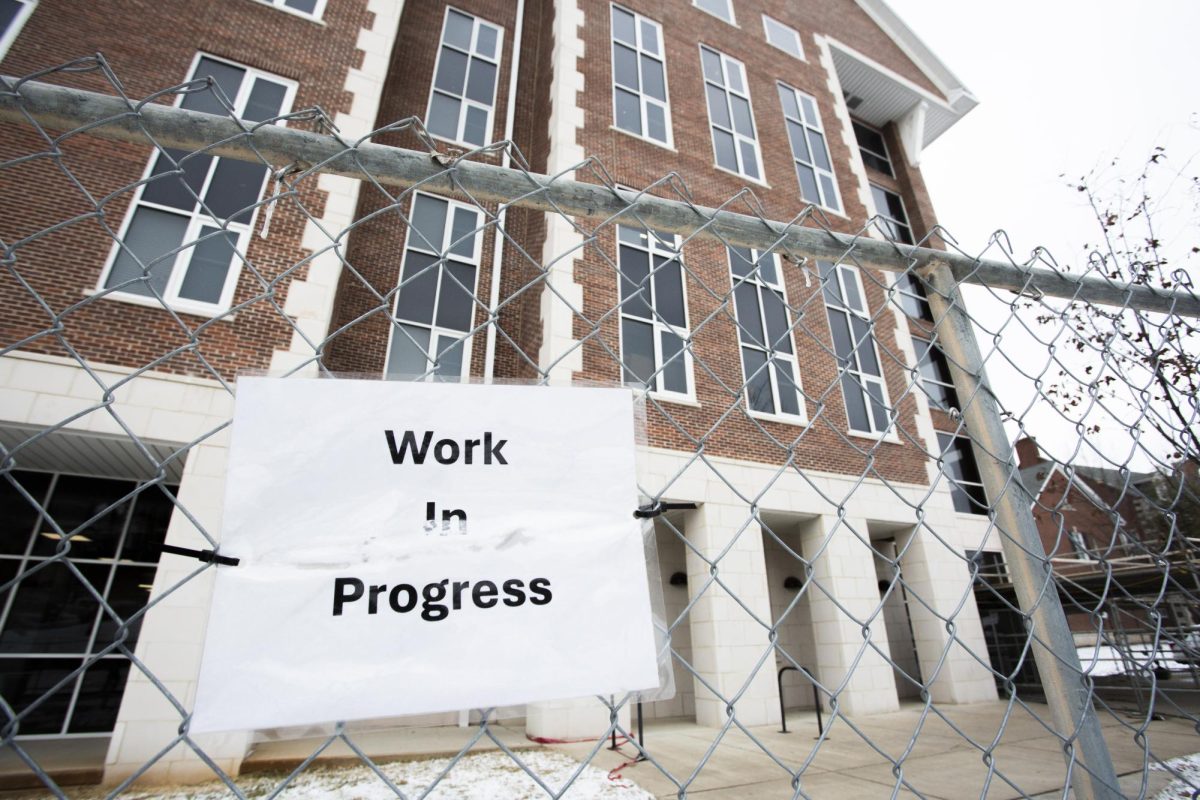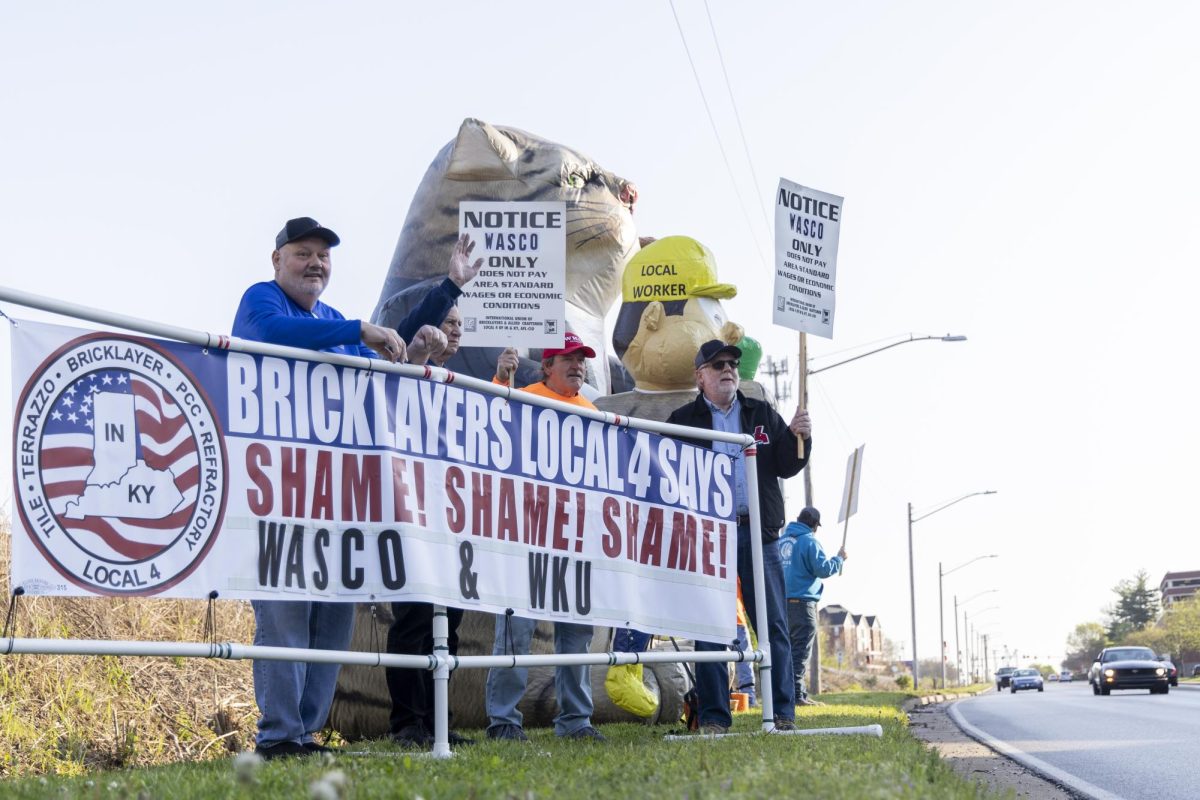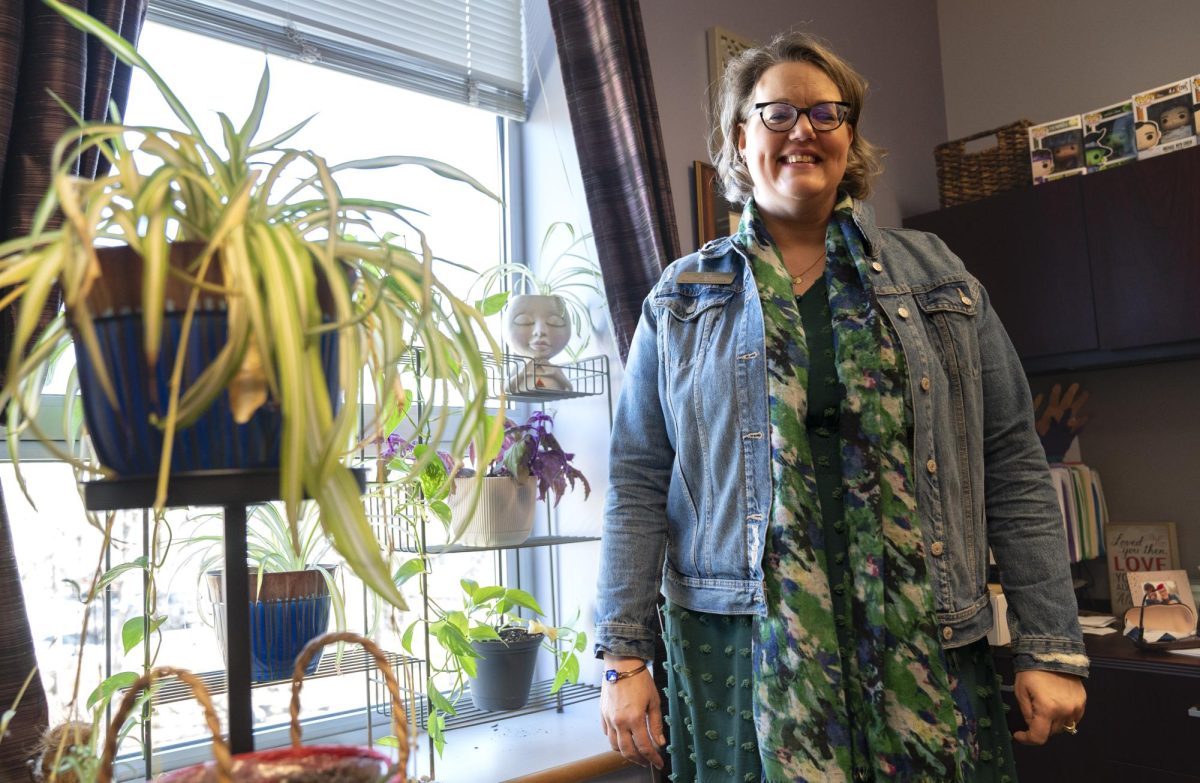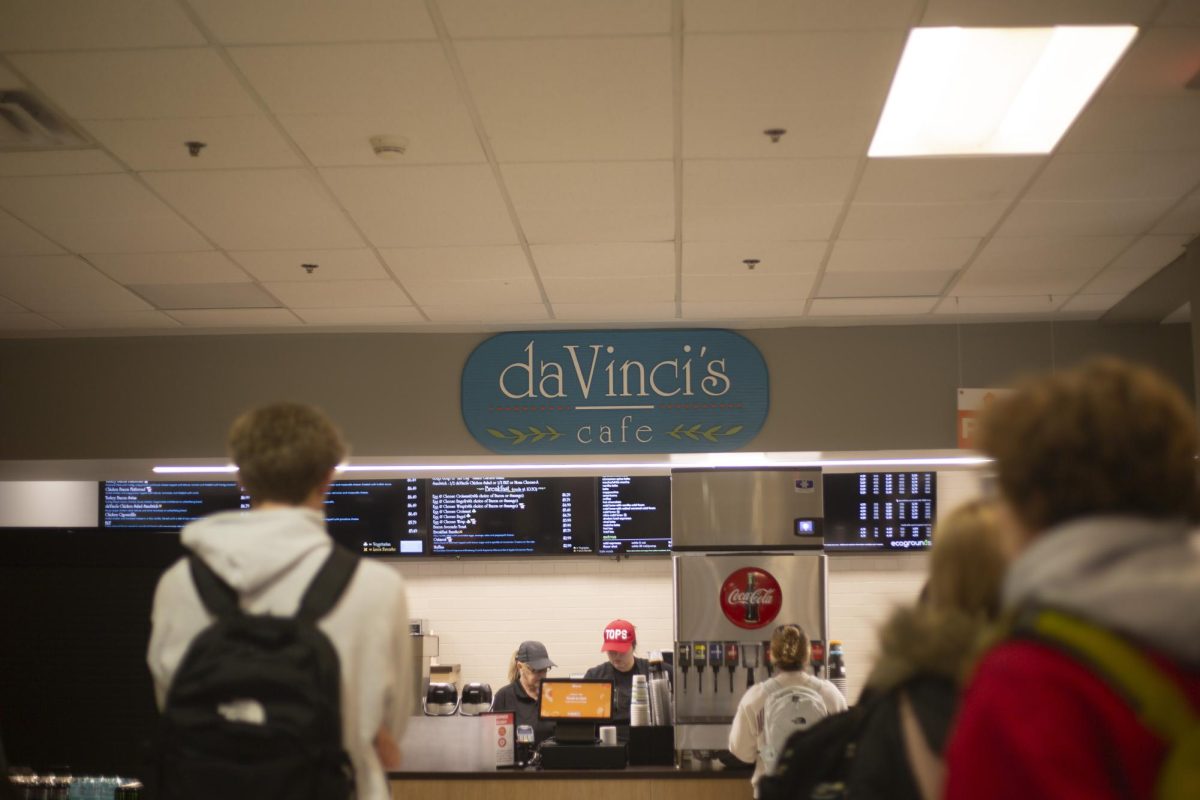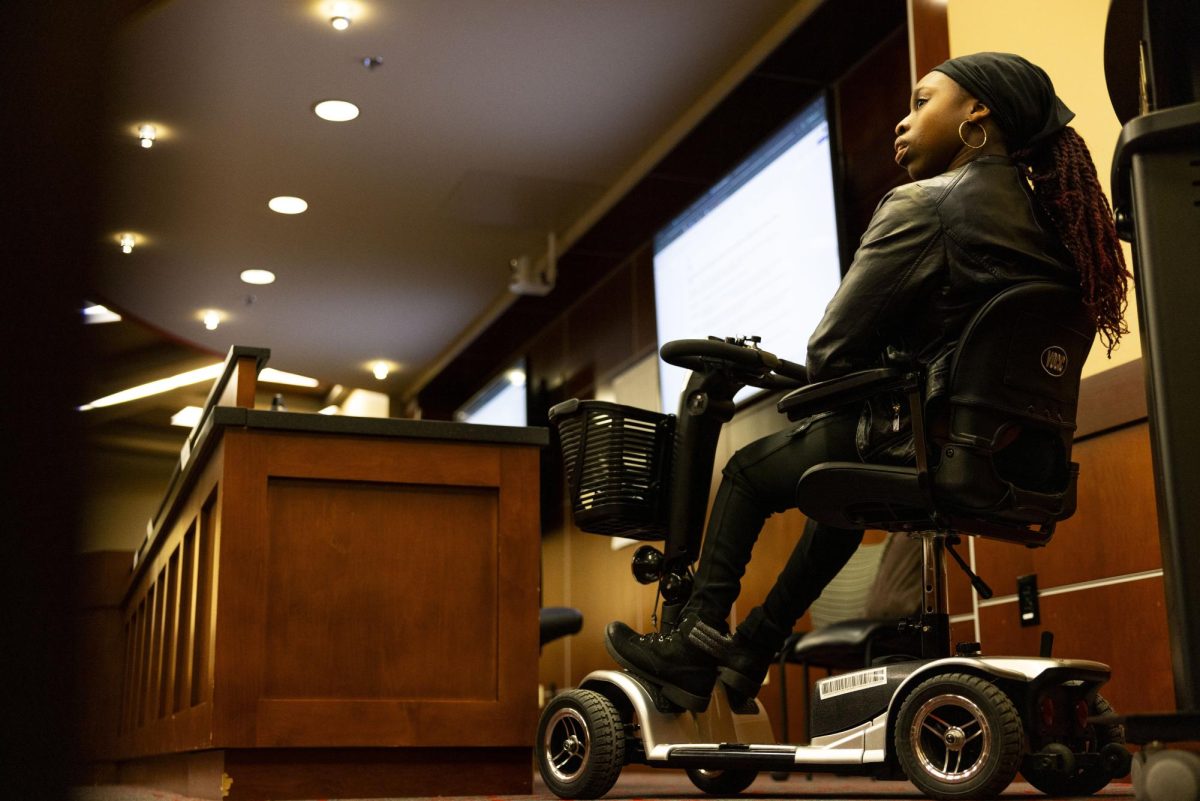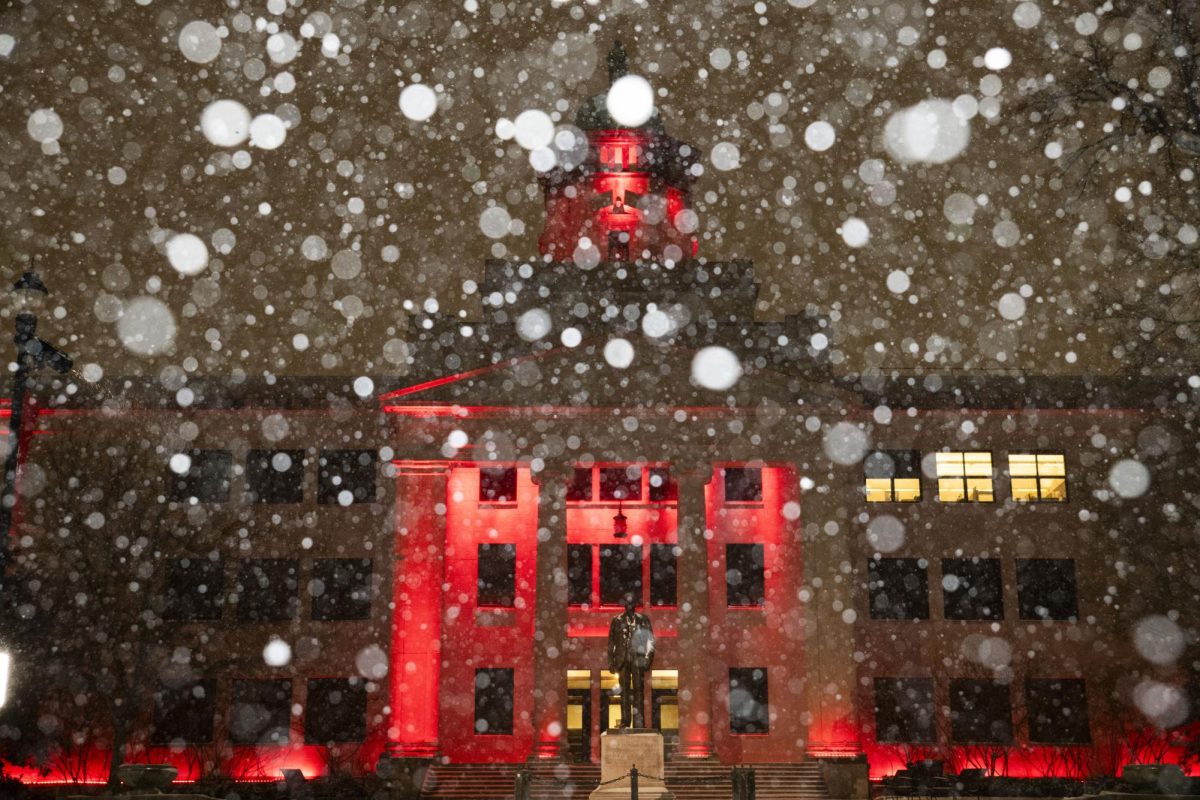Originally planned to reopen in fall 2026, Hilltopper Hall’s status is up in the air once again as repair cost estimates continue to rise due to the discovery of more extensive issues with the building than were previously found.
The Student Life Foundation, which owns all of WKU’s dorms, is currently working with an estimated repair cost totaling about $36 million, the Foundation’s attorney, Tad Pardue, told the Herald in an interview on April 2.
The closing of Hilltopper Hall was abruptly announced in January 2024, with all residents being forced to move out in a matter of weeks. At the time, WKU administration claimed the closing of the $40.9 million residence hall, which was completed in 2018, was due to exterior masonry shifting. According to reports the Herald obtained from the Foundation in a records request in the summer of 2024, structural engineers and an architect hired to investigate the problems found several design and construction flaws in both structural and exterior elements of the building.
“The repairs are significant,” Pardue said. “They might get significant enough to where there’s a real decision to be made: do we fix it or do we not? I wouldn’t say it’s gotten to that point.”
Pardue said the Foundation will not make that decision until it knows for certain what the final cost to fix the building would be.
The original plan, according to Pardue, would have been to start repairing Hilltopper Hall early this spring, with the building being opened again in fall 2026. But the timeline has now been pushed, he said. Pardue estimated that if repairs began this summer, the building wouldn’t be reopened until January 2027.
According to Pardue, there were additional issues with the exterior masonry veneer and structural beams.
“Because the building leans, they would have to do not only structural (repairs), but repairs to the facade,” Pardue said.
To do that, the exterior of the building would have to be braced.
“And that was crazy expensive,” Pardue said.
Pardue also could confidently say now that, based on professional recommendation, the brick veneer would have to be stripped from top to bottom, something that was a possibility in the fall.
Pardue described the situation as a “perfect storm of circumstances.” Not only are the issues more extensive than previously thought, but it has been harder for the Foundation to find workers willing to be involved in a project that is in the midst of litigation, Pardue said.
“It’s not like everybody’s knocking down the door wanting to be involved in fixing it,” Pardue said.
In an interview with the Herald on Aug. 28, Pardue said the Foundation had been in contact with lawyers for the firms and individuals involved with the original construction, but the Foundation was looking to work toward a “resolution” rather than being caught up in court for a prolonged period.
But the Foundation is now pursuing claims, Pardue said, against the original architect, engineer and general contractor: Sewell & Sewell Architect, S.E. Engineering and Scott, Murphy & Daniel.
“At the end of the day, we feel like, to some degree, those three entities are responsible for what happened to the building,” Pardue said.“Pardue also noted that there were subcontractors on the project that may have done improper work, but the Foundation’s contract was only with these three entities, so it only has claims against them.
“It’s just slow, but the (Foundation’s) board (of trustees) can’t wait for the legal process,” Pardue said. “It’s got to do something about the building. So (the) board is proceeding, irrespective of what the lawyers are doing on the legal side.”
Pardue emphasized the board’s commitment to the residence hall, the university and its students, saying the Foundation and WKU agree to try to fix the dorm and get the university “back to where it needs to be in order to support the students who live on campus.”



